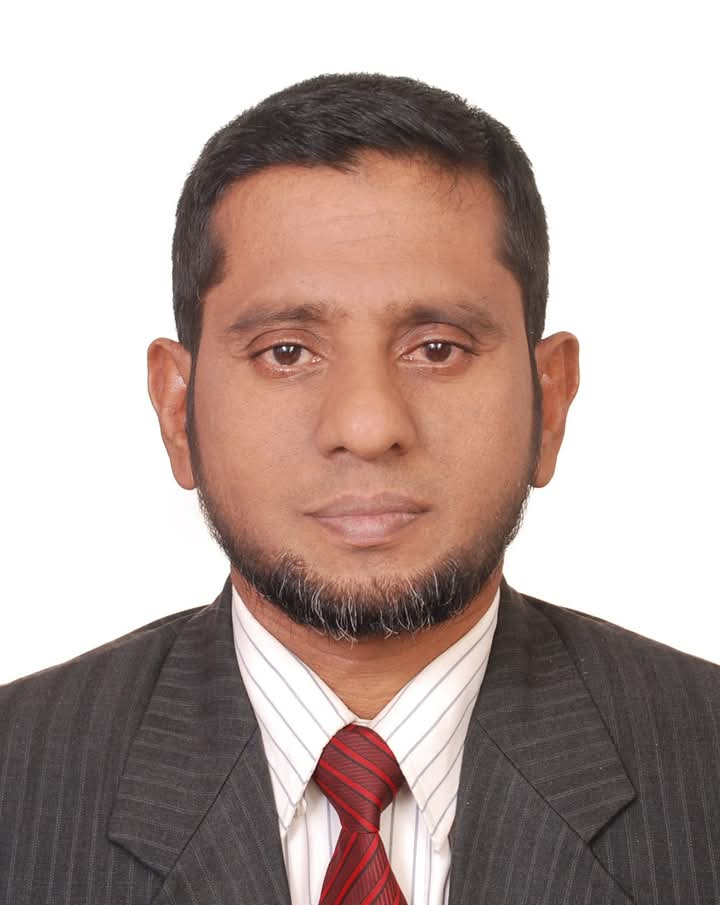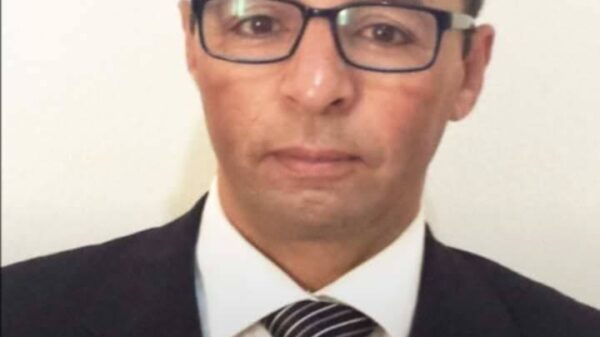


{ARABIC: A BRIDGE BETWEEN CIVILISATIONS}
BY: AHMED ELFECHTALI / MOROCCO
Nowadays, as many as 400 million speakers of Arabic are in the whole world. Arabic is the fifth and major vehicle of culture in the four corners of the globe. It is also the fourth prevailing tool of speech on the internet. What is important, it is the liturgical language of more than 2 billion Muslims worldwide. As a result, it is not a myth or a fake news when the United nations have made it the sixth official language and have given it a world language day on 18th December every year since 2012. So, when did it start? Which tribe did speak this language? And how long has it travelled until our modern time?
1. The etymology of the word Arabic:
The word «Arabic» comes from the Greek word «Arabikos» which refers to Nomad or inhabitants of the Arabian Peninsula as mentioned by the Greek geographers.
2. The history of the Arabs:
According to biblical texts, the history of the Arabs began in the mid-9th century B.C. They descended from the prophet Ishmael, the son of the prophet Ibrahim; their home was the Levant; THE Syrian Desert, and they spread in the lands as Bedouins.
3. The history of Arabic:
There are 32 varieties of this Semitic language. They are spoken in the Arabian Peninsula and North Africa. From Neolithic age, through its Iron age, to the prophet Mohammed , and to the period of Caliphates, Arabic, with its standard form which is derived from the classical one, experienced ups and downs and was developed through the eras of Rachidoun (632-661 CE), the Umayyad (661-750CE), the Fatimid (750-1171 CE), the Abbassid (750-1258 CE) Caliphates , reaching France in the West, China in the East, Anatolia in the north , Sudan in the south, and, most importantly, Othman Empire (1299-1922/3) CE in many parts of the world.
Because of this expansion, local language have borrowed many words from Arabic which contributed to the presence and lasting of Arabic culture to the point and extent that it has become a bridge between many civilizations on the globe. Moreover, the construction of mosques and universities added to the success and flourish of science, philosophy, translations, art…etc. For instance, the construction of ALAZHAR mosque in Egypt in 970 CE, ALKAIRAOUAN mosque in Tunisia in 670 CE, and ALQARAOUIYINE- the oldest university in the world-in Morocco in 859 CE.
Though many kingdoms fell and others rose, many schools and libraries were established and housed- and still house- hundreds of thousands of volumes in Arabic about different disciplines such as History, Geography, Science, and Philosophy.
Overall, Arabic language has resisted all the ravages of times because of many reasons. First, it is a living language. Second, it is the language of the Last Testament, the Eternal Quran, and finally it addresses the heart and mind of the listener/ reader; that is why, many people prefer to learn this treasure in order to get many truths about life and universe.
The Egyptian poet, Hafid Ibrahim was right when he described Arabic by a nice verse:
I am the sea wherein reside the jewels
Did they ask the diver about my shells?
Allah in the holy book of Quran (12:12) says: «we have revealed it a recitation in Arabic that you may fully understand».
References:
1- www.wikipedia.org 2- www.britannica.com 3- www.unesco.com
4- www.protanslated.net 5- www.istizada.com 6- www.google.com
7- www.renaissancetranslations.com 8- www.aldiwan.net 9- www.Quran.com

*A sonnet to my country: When your voice goes wrong*
When your voice goes wrong,
You’ll fall in holes in your street.
You’ll find no one in the seat.
They will twist your tongue.
When your voice goes wrong,
Them you’ll applaud and greet.
You’ll sing with them a new song.
You’ll be covered with a new sheet.
When you miss choosing a candidate,
Remember the agglomeration and date.
Then, your life will go astray.
When you make a wrong choice.
your life alter to a decay.
And you turn i
nto an invoice.